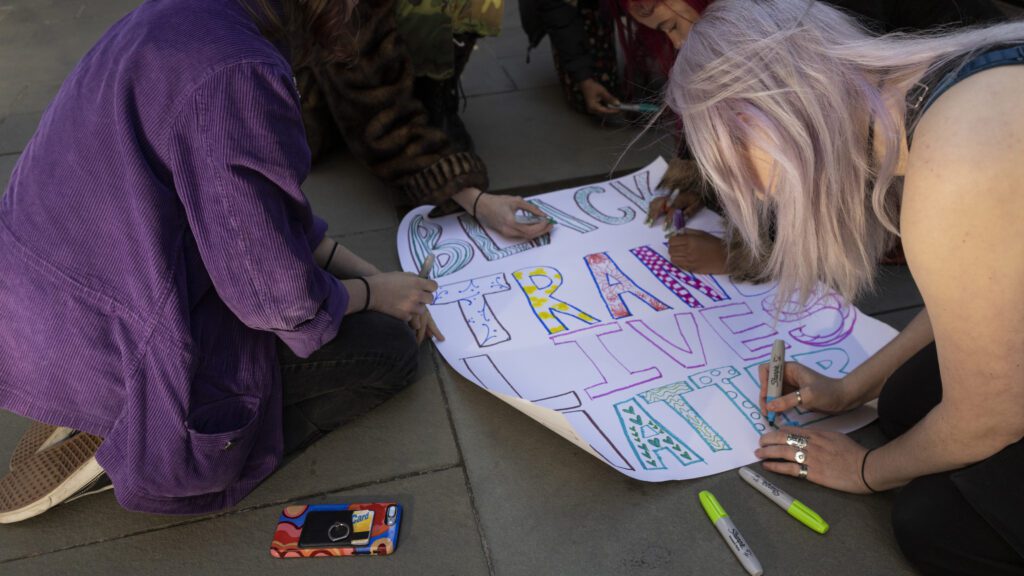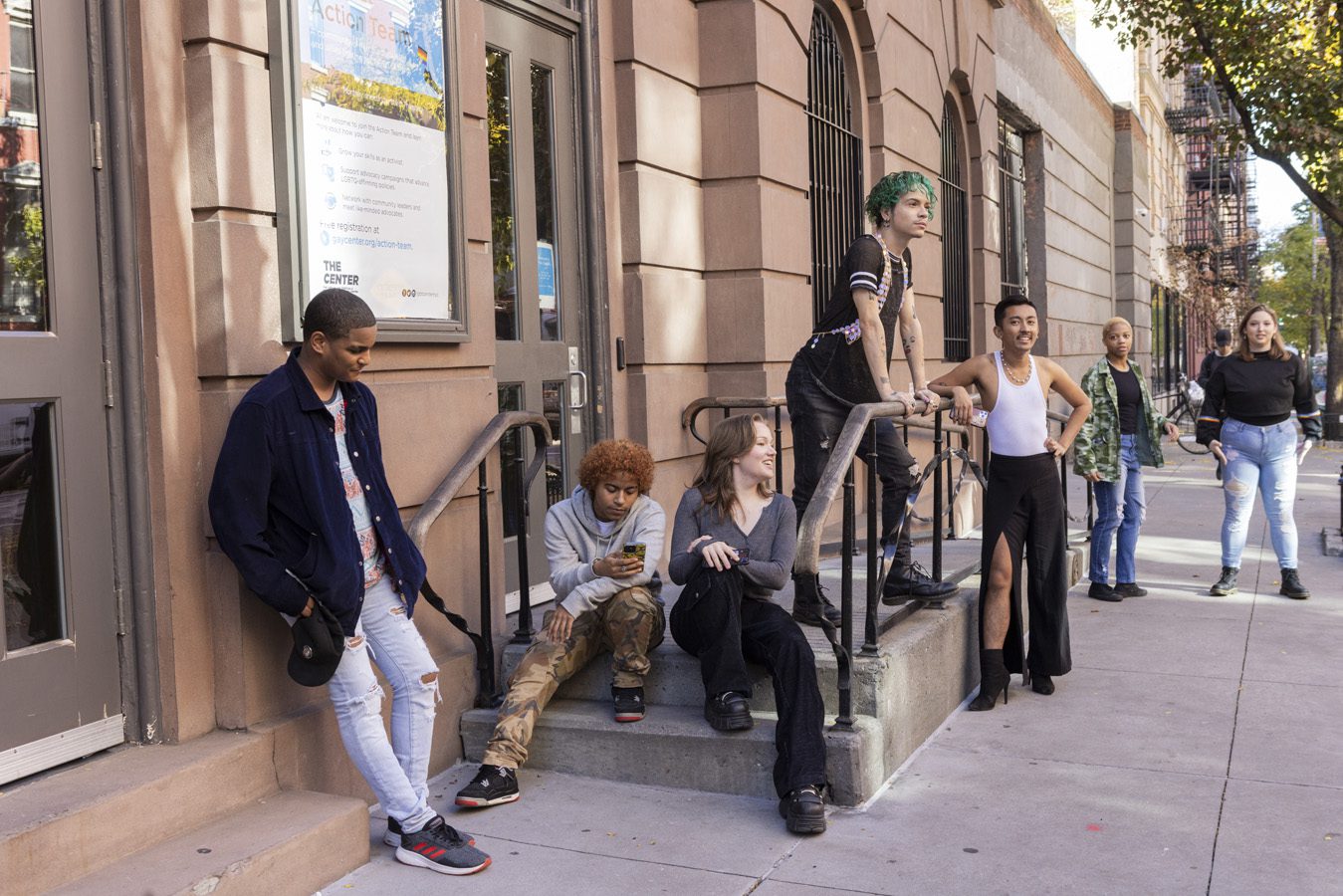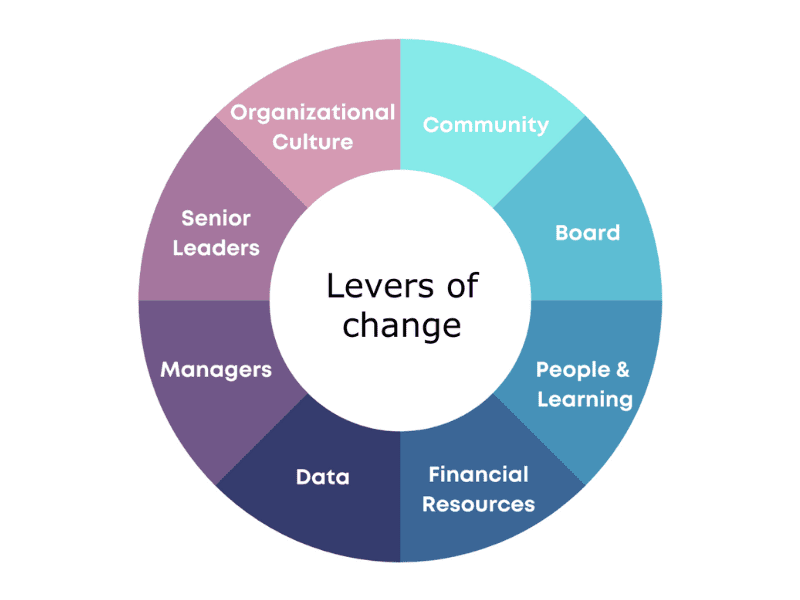Our Work Continues
The Center commits to transforming our culture, practices, and policies, and we recognize this is necessary in order to fully live out our organizational values. We will communicate with transparency about where we are in the process, including what we’ve done so far, what we’re doing now, and what we plan to do.
We approach this work with flexibility and humility, knowing that we are an organization made up of humans who are always learning and growing. When we make mistakes (because we will), we will learn from them, and commit to creating space for various forms of community critique, feedback, and dialogue around the impacts of our decisions. While this process of cultivating accountability is imperfect and at times painful, we are committed to continuing to grow. To offer feedback on The Center’s services, operations, or decisions, please reach out here:



